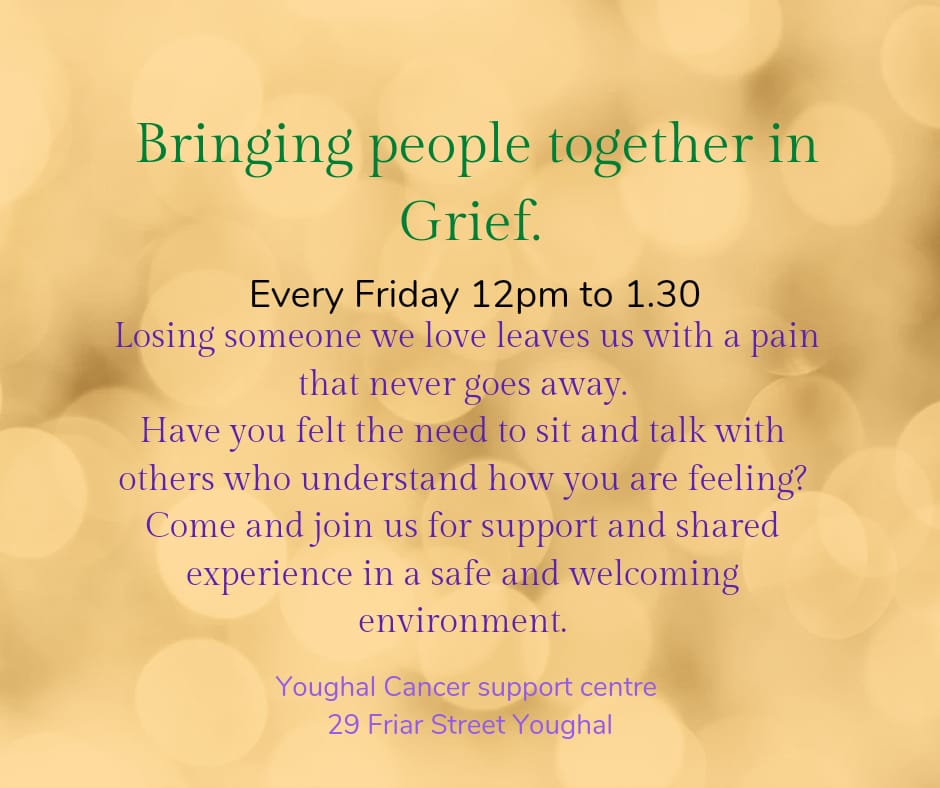
In the hushed moments of sickness, I observe love and grief unfold. I typically position the beds of relatively unwell patients nearest to my workspace. While I can oversee all the patients, apart from a handful of female beds concealed by curtains, this setup enables me to closely monitor those who are sicker, especially those undergoing chemotherapy.
Directly in front of my desk rests a 50-year-old man recently diagnosed with primary CNS lymphoma. I admitted him a few days prior with altered consciousness, left-side paralysis, and numerous neurological deficits. He cannot speak or swallow, is unable to change positions, and remains mostly drowsy.
Prior to his illness, he was a businessman who earned a respectable income. As the family’s sole provider, he supported three young children, each attending different prestigious universities in the capital. His salary guaranteed the family lived well, enjoying good food and nice clothing.
Three months ago, he began experiencing changes in personality. Initially, he was misdiagnosed with clinical depression. Subsequently, scans uncovered brain lesions. A leading neurosurgeon conducted the biopsy, and the expenses for MRIs, CT scans, PET scans, and hospitalization soared to nearly 1.5 million PKR. Complications following the biopsy resulted in an extended stay in a private hospital, further escalating costs. Healthcare in Pakistan is exorbitantly pricey, particularly in the private sector.
Within weeks, the family’s finances started to crumble. With tuition fees, utility bills, and no second source of income, they felt overwhelmed. Ultimately, they had no choice but to come to our hospital, where they could benefit from a government-subsidized patient assistance program. Here, their admission costs were minimal, and chemotherapy was nearly free.
On their first day, when they brought him in on a stretcher, his wife and son surveyed the surroundings with unease. Their attire set them apart, elegant clothes and graceful postures, yet their faces reflected disappointment. This was not the setting they were accustomed to.
I took them aside, reviewed their reports, examined the patient, and thoroughly elucidated his condition, treatment, and possible side effects. The wife was somewhat hesitant about admitting him here and expressed concerns. She inquired, “Where will the chemotherapy occur?”
“In this ward,” I answered.
“In these conditions?” Her revulsion was evident.
She probed further, “Are there alternative options?”
“Yes, there is a private ward upstairs. However, I wouldn’t recommend it there. I want him under my care. If any reaction arises, it could be challenging for the staff to manage. Our nurses here are very experienced with chemotherapy.”
They continued to question the costs but soon realized that a private room was beyond their financial reach. Although reluctant, they agreed to treatment here since they had no alternatives.
We initiated treatment with steroids, which slightly improved his condition. He refused a nasogastric tube, so he survived on a few spoonfuls of food each day with aspiration precautions, supplemented by IV nutrition. Eventually, chemotherapy commenced. His consciousness varied; on some days, he managed to whisper a few words. His family, initially uncomfortable with the environment, became more accepting. His children visited in the evenings, while an attendant stayed during the day.
I often notice him while completing paperwork. A few days ago, I observed his youngest son resting his head on his father’s chest, while the patient, half asleep, gently caressed his son’s hair with his one functioning arm. It shattered my heart.
One evening, when his friends came to visit, he wept silently. His wife shared that he was always the liveliest among them. How painful it must be for him to feel so powerless in front of those with whom he once shared laughter, meals, and his happiest moments of life, both financially and physically.
After seeing him, I cannot help but ponder how cancer patients are often left unsupported during their sickness or challenging times, especially when they have nothing material to reciprocate. Even those who initially wish to help eventually start prioritizing their own well-being, finances, and families. That is simply how life operates, I suppose. This man once received care at the finest private hospitals in the city, even for minor health issues. He was the center of every gathering, relished his hobbies freely, and ensured his children attended prestigious universities in the capital. Yet now, at a time when he needs others most, all he receives is a solitary visit from friends.
Each day, when I converse with him in the morning, the only word I catch is “Ghar,” home. His voice is so feeble that I must lean in closer to hear. I reassure him every day, “Just eat two more spoonfuls, and then I will send you home. Just two more spoonfuls.” But inside, it tears me apart; he is younger than my father.
His family surrounds me with questions daily. I endeavor to be patient; I understand their struggle. Initially, they admitted him here only